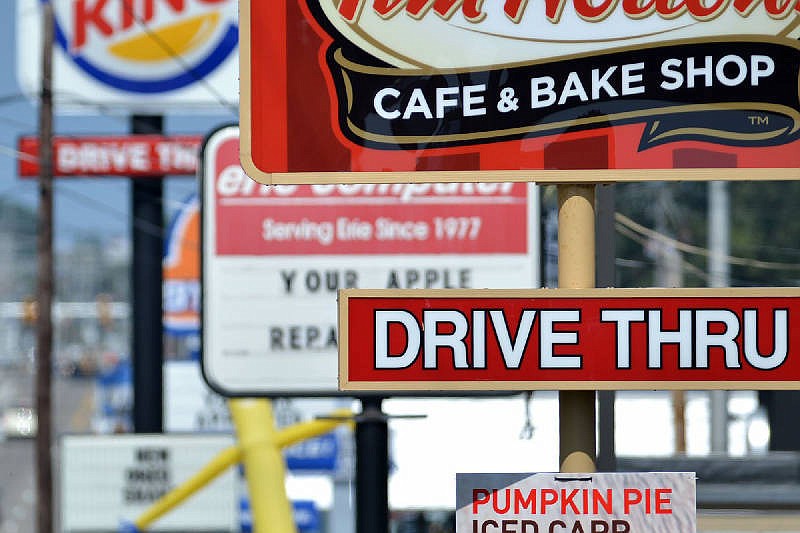We wonder if those who saw a new study that suggested Chattanooga would be among the cities that would benefit most from a $15 an hour minimum wage rise understand the results of such a study actually argue against a minimum wage increase.
We're not necessarily against a modest minimum wage hike, but proponents of more than doubling the current rate in five years seem to believe that such a leap will somehow smooth things out - that a $15 minimum wage finally will allow you to live the same way in Chattanooga as you do in New York City.
It just doesn't work that way.
The Lending Tree study of a Massachusetts Institute of Technology wage analysis indicates a $15 minimum wage in Chattanooga, where the cost of living is relatively low, would be more than $2 per hour above $12.84, the amount the analysis refers to as a baseline living wage in the Scenic City. Indeed, according to the analysis, the $15 amount would exceed the living wage in 63 of the largest 100 metro areas examined.
In large metropolitan areas, where the cost of living is much higher, though, the same wage does not allow an individual to come close to a baseline living wage.
Six metro areas, Los Angeles, New York City, San Jose, Calif., Seattle, San Francisco and Washington, D.C., for instance, already have minimum wages of at least $15. In San Jose, where the minimum wage is $15.45, the highest in the country, the baseline living wage is an astounding $25.12 per hour.
In those areas, the cry undoubtedly goes out for an even higher amount, say $20 an hour, $25 or even higher. And what's good for one city, the financially illiterate then would argue, is good for another.
Such a wage spiral is not only inflationary - when pay goes up, prices consumers pay go up - but is a sure job killer, as numerous studies have shown. A National Federation of Independent Business (NFIB) survey, for instance, found with a $15 minimum wage some 1.6 million jobs could be lost, mostly the small and family-owned businesses that for years have been the lifeblood of the country.
Besides, businesses are already doing what is supposed to be done in a market economy - raising the wages they offer in order to get and keep the employees they want. One doesn't have to go far down any commercial street in Chattanooga - or any other city in the U.S. - to find employers offering $11-, $12-, $13-plus an hour as a starting salary.
Indeed, we wonder what jobs anyone would expect to be more than entry-level employment, much less one's lifetime occupation, are paying $7.25 an hour these days, the amount the minimum wage was raised to most recently in 2009.
Still, with the Biden administration currently offering people more money to stay at home than to work (and the state unemployment rate remaining at 5% in April and May), employers are having trouble finding workers.
Fast-food restaurants offer examples of what has happened.
Since such establishments are not able to find employees even by paying well above minimum wage, they have narrowed their service to drive-through-only customers and/or have closed at less busy times of day.
That said, we hope no one is pulling out the worn "new normal" term.
A U.S. president a few years ago began to use that phrase about a stagnant economic recovery he was unable to budge, and it took a new president with some different ideas to prove the "new normal" didn't need to be the "new normal."
At the moment, the argument about a $15 minimum wage is moot. The Biden administration had to remove it from a COVID-19 relief package in February when Senate parliamentarian Elizabeth McDonough ruled it could not be passed through budget reconciliation (requiring only a simple majority of votes). But Democrats and administration officials have vowed to pass it separately (or include it another bill Republicans might have trouble voting against). But that hasn't happened yet.
The current effective minimum wage in Tennessee, according to Tennessee NFIP executive director Jim Brown, is $10 to $11, meaning few jobs pay less.
The state, further, is one of five states that doesn't have a minimum-wage and operates only under the federal wage law.
Lending Tree, in its study, stretches to offer consumers four benefits of a $15 minimum wage - including that consumers "might" get better service when shopping - and lists no downsides. But we believe the potential downsides of higher inflation - already scaring many economists - and lost jobs argue vigorously against such a big jump.
